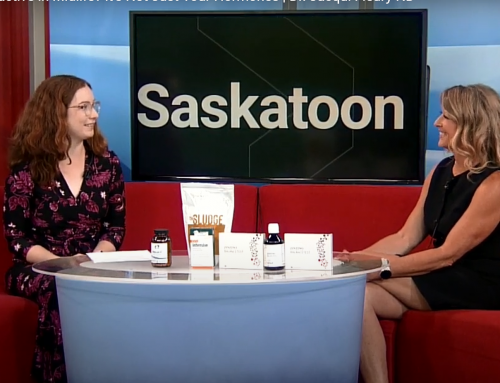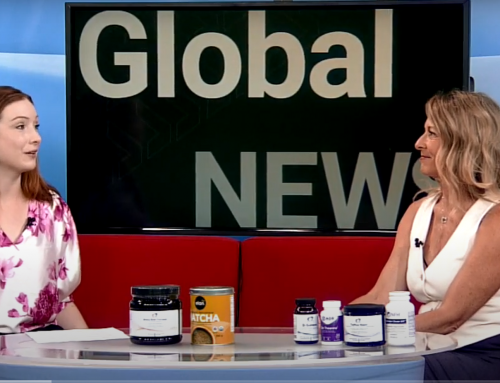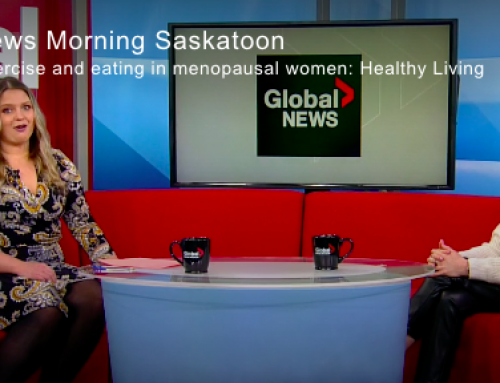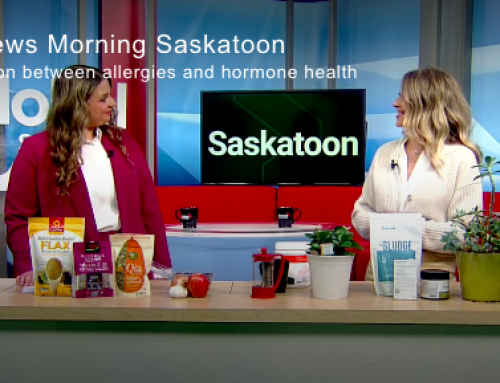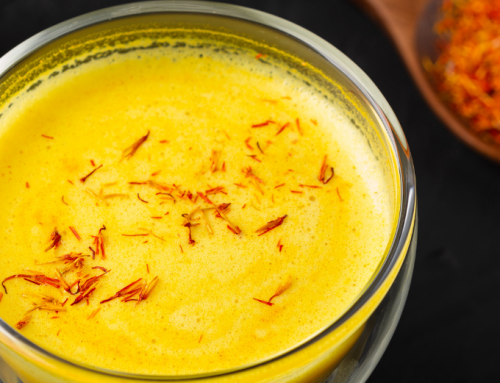March is Liver Health Month. Like so many other organs in our bodies, we often don’t pay much attention to them until something goes wrong, but long before your liver develops a disease, there are symptoms that can indicate that your liver and gallbladder aren’t working very well. On this Global TV Healthy Living Segment, Dr. Fleury shares some of the signs of a struggling liver and gallbladder, as well as some proactive strategies for checking on your digestive health.
Signs Your Liver or Gallbladder May be Struggling:
Poor Digestion – The liver and gallbladder produce and store bile and bile salts which not only help you breakdown fats, but they also help you absorb fat soluble vitamins like vitamin D. Gas, bloating, heartburn, reflux and stools that float can be signs that you’re not digesting your fats very well.
Hormone Imbalances – The liver is vital for the breakdown and removal of hormones. Without being able to fully remove excess hormones, they can build up in the body and cause menstrual and menopausal issues as well as mood issues such as increased anger and irritability.
Weight Gain and Sugar and/or Fat Cravings – When toxins build up in the body, they can cause an imbalance in blood sugar and hormones causing food cravings.
Skin Problems – Acne, rosacea, rashes, psoriasis, dermatitis and eczema can all be signs of a congested liver.
Bad Breath and White Coating on Your Tongue – The white coating and bad breath are a sign that you are not digesting food well.
Fatigue – Especially after eating, fatigue can indicate a struggling liver.
Chemical Sensitivities – Perfumes and cleaning supplies bother you and you can’t tolerate much alcohol. Both are signs of a congested liver.
If left unresolved, a congested liver can lead to non-alcoholic fatty liver disease, which can further compromise liver function. Routine bloodwork can diagnose liver damage (kind of like the check engine light in your car) but there are ways to determine if your diet and lifestyle might be affecting your liver before it becomes too sick.
Steps to Take to Be Good To Your Liver:
Vitamin D Blood Spot Test – Vitamin D is a fat-soluble vitamin important for several biological processes, particularly bone formation and immune function. A healthy liver is necessary to maintain adequate levels of vitamin D in the body through the production of bile which helps the breakdown and absorption of fats including vitamin D. Low levels of vitamin D might indicate you’re not absorbing your vitamin D or you need more supplementation. Plus, vitamin D is converted to its active form in the liver, which requires a healthy liver to do so. Book your test now.
Omega 3 Fatty Acids – These fats can help with inflammation in the liver and damage caused by nonalcoholic fatty liver disease, which is a condition most often associated with obesity, overeating and a diet high in sugar as well as elevated cholesterol and triglyceride levels. Browse our selection.
Food Sensitivities – More than 250 scientific studies have linked gluten sensitivity to liver and gallbladder disease. We often think of high fat and processed foods as problematic for our livers, but gluten, wheat, eggs, soy, dairy products, and other foods can also be a culprit and cause serious gallbladder problems in some individuals. Book your test now.
Testing your levels of vitamin D and omega-3, along with testing for possible food sensitivities are the equivalent of getting your car maintenance BEFORE the check engine light comes on, because by the time that light comes on there’s already something wrong. Any of the naturopaths at our clinic can help you do these tests.


